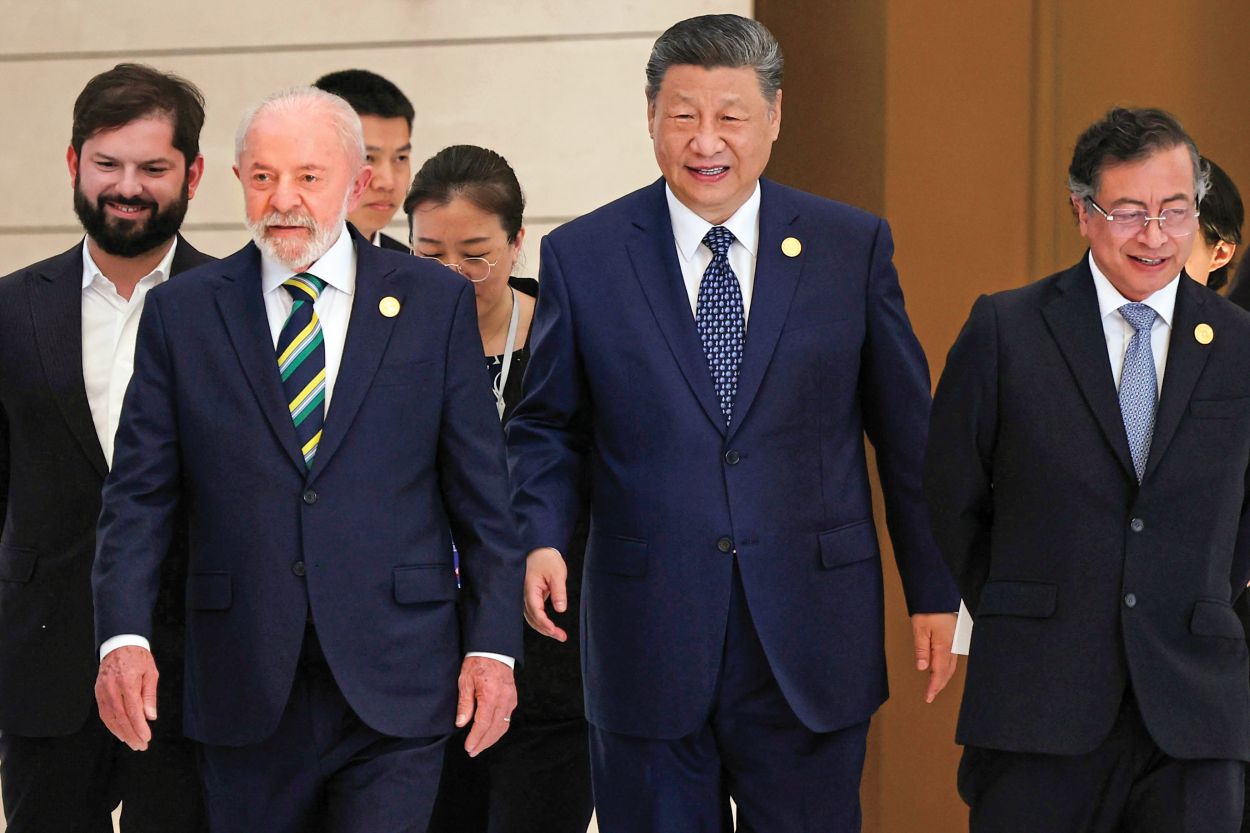Exporting Corruption
Exporting Corruption
China’s informal business culture finds a too-familiar environment in Latin America.
In 2008, when I was a Fulbright professor at Nankai University in Tianjin, China, the international school my children attended hired a local contractor to build a new classroom wing. As the building reached completion, the relationship went sour: the construction did not meet the criteria originally agreed upon.
As the parties began to fight about termination of the contract, the builder disclosed to the school that some municipal permits had not yet been approved and that he would use his personal contacts to block those permits. It soon became evident to the school’s authorities that the problem could not be solved by legal means.
It came down to a basic scenario: whoever had more influence with municipal authorities would win the scuffle over the new wing. There was no formal procedure to settle the dispute. After two years of wrangling to make connections with city officials, the school finally obtained the required permits.
Having grown up in Argentina, in a culture in which informal rules governed everyday life, this was nothing new to me. As a political scientist, I recognized that people in China, as in most of Latin America, move in a deep sea of informality, in which unwritten rules, bribery and/or personal connections are the gatekeepers to resources controlled by individuals in positions of power...
Click here to read the full article at www.AmericasQuarterly.org.
Ariel C. Armony, a political scientist, is a professor of international studies and director of the Center for Latin American Studies at the University of Miami in Florida.








